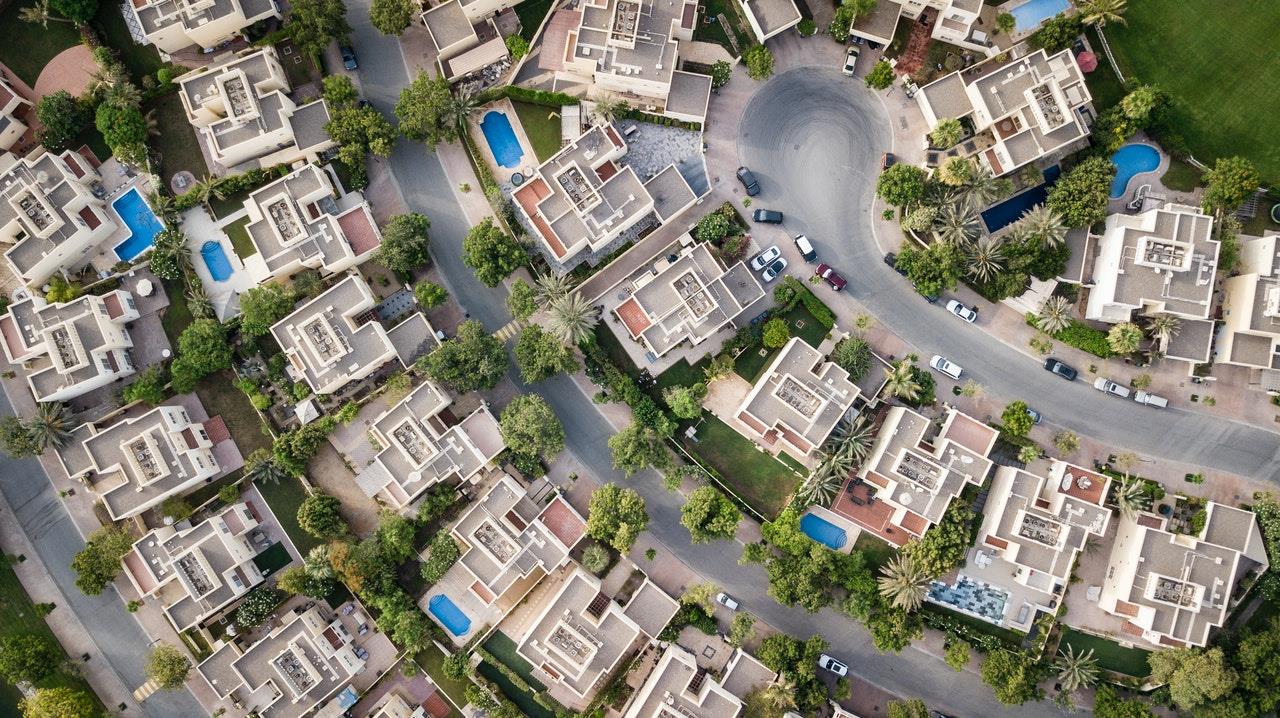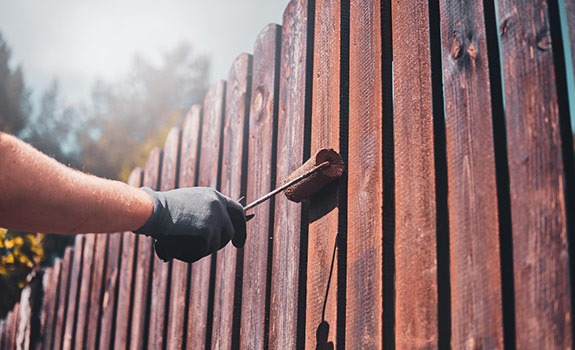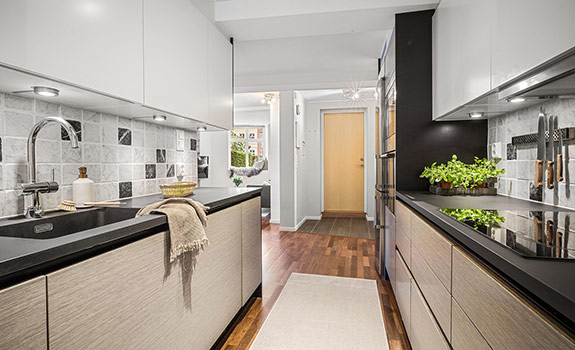Shopping for a house can be a daunting experience – especially if you are a first-time buyer. From inspecting homes to negotiating prices, there is so much to do that can be overwhelming if you are not careful. Some buyers focus almost exclusively on the property that they forget one of the most important aspects to consider: the neighborhood. As real estate agents often say, “Location, location, location.” Let’s walk through a few tips to help you choose the perfect neighborhood for you and your family.
Photo by The Lazy Artist Gallery from Pexels
Appearance
Whether you are looking for an urban environment or something more scenic, how a neighborhood looks speaks volumes. For instance, a well-kept community with beautiful greenery is likely to be big on cleanliness and upkeep. If the neighborhood looks unkempt and untidy with a lineup of shabby houses, it can indicate other problems such as poverty and crime. That’s why it’s always important that before you buy a home, you should visit the neighborhood in person. Walk around and see how it feels.
Safety
Never buy a home until you are convinced that the neighborhood is safe to live in. There are community reports and statistics available online, and you can find out how safe a community is yourself by researching its crime rate. If an area has had high crime rates over a significant period of time, that might be your cue to look at another property. Also, find out about the proximity of a police station and if the neighborhood is a part of a crime-watch program.
Amenities
A home may be lovely and be perfect for your needs, but you won’t enjoy staying there if the location lacks essential amenities. Here are a few must-have amenities to make your stay fulfilling:
Schools: What kinds of schools are available in the area? What are their ratings? Are their test scores competitive?
Transportation: How reliable is the public transportation system? How is the traffic situation? Are there many routes in and out of the area? What will be your average commute time to and from work?
Hospitals or Healthcare Facilities: How close is the nearest hospital? What would happen in case of an emergency? What is the track record of the nearby hospitals?
Entertainment and Recreation: Which entertainment and recreation facilities are available nearby? Are there facilities such as cinemas, parks, and gardens?
People
If you have terrible neighbors, you might have a bad experience living in the community you are considering. As much as possible, talk to the people in the neighborhood to get a feel of how your living experience might be. Family-friendly neighborhoods may have community groups that plan events such as cookouts and picnics to help bonding. Look at data such as demographics and employment rates to understand the people in your community to help you integrate seamlessly.
Look to the Future
Unless you are buying a home for only a year or two, you must consider the area’s potential future developments. Find out what plans the city has for the neighborhood as they could affect your choice. The value of your home in the years to come will depend largely on the future developments that happen in your area. Always conduct in depth research and due diligence before settling on the neighborhood you will potentially live in for years to come.







